Greens and Independent senator David Pocock give Julian Leeser hope of achieving a compromise on the Indigenous voice parliament
The Greens and independent senator David Pocock are yet to form a position on Liberal MP Julian Leeser’s plan to strip back the Indigenous voice parliament.
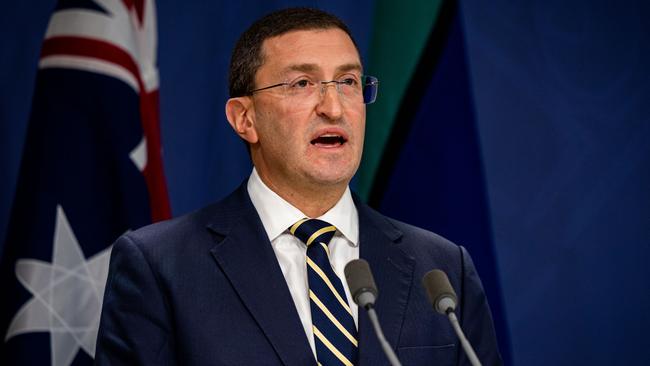
Liberal MP Julian Leeser is making a last-ditch attempt to get crossbench MPs and Indigenous leaders to support a compromise on the Indigenous voice to parliament, buoyed by the fact the Greens and independent senator David Pocock are yet to form a position on his plan to strip back the proposed new chapter to the constitution.
Mr Leeser, who quit Peter Dutton’s frontbench to support the Yes campaign, believes he has cut through with some in discussions about why the voice’s authority to advise executive government and parliament should be spelled out in legislation rather than in the constitution. The MP had been speaking to former Social Justice Commissioner Mick Gooda for weeks before Mr Gooda went public with his view that compromise was worth considering.
One other Indigenous leader aligned to the Yes case has told The Australian they saw some merit to his argument that taking out the executive government clause could help the referendum succeed.

But The Australian has been told the government is locked in behind the words of the proposed new constitutional chapter announced by Anthony Albanese on March 23, as the House of Representatives debates the Constitutional Alteration Bill this week.
Government sources say they do not want to change the wording as it is the culmination of more than a decade of work on constitutional recognition, and that it is the broadly supported position of Mr Albanese’s referendum working group.
“You cannot recognise Indigenous people in the constitution in a way they do not wish to be recognised that does not work,” said one government source familiar with Mr Albanese’s thinking.
Another said: “It would be a bloody disaster to switch horses now”.
However, Senator Pocock, a key vote in getting any Bill through the senate, is yet to reveal how he will vote and whether he will support Mr Leeser’s amendments flagged at the National Press Club on April 3.
“Dave has been, and continues to, consult on this Bill, with local First Nations leaders, members of the referendum working group and members of the Coalition, including Mr Leeser, in coming to a position,” a spokesman for Senator Pocock said.
The Greens could veto Mr Leeser’s amendments but on Sunday the party was yet to decide if it would. The Australian has been told the Greens will discuss it in the party room this week.
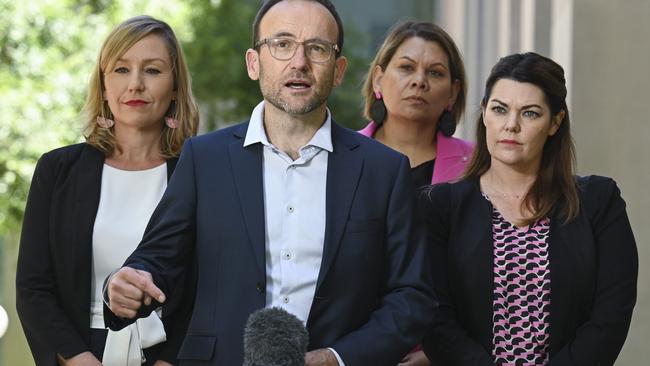
Mr Leeser said his reasons for proposing changes to the agreed words were well-known: he believes it will improve the referendum’s chances of success.
“This is no secret. I have been meeting Indigenous leaders, ministers, crossbenchers and other parties since my resignation and seeking amendments that will move the referendum to a stronger electoral footing,” he said.
Mr Leeser says he will vote yes at the referendum, due to be held between October and December, even if the current wording of the proposed amendment does not change.
Former prime minister and No supporter Tony Abbott writes in The Australian on Monday that conservatives should oppose the voice, even if Mr Leeser succeeds in securing compromise on the executive government clause.
“A constitutionally entrenched Indigenous voice that was only to the parliament would certainly be a less radical change. But it would remain just as unnecessary given there are already 11 individual Indigenous voices in our parliament. And it would be no less wrong in principle,” he says.
Kado Muir, a senior Mantjiltjara Ngalia man from the western deserts and a member of the government’s referendum engagement group, said Indigenous people had already given a lot of ground.
“There are First Nations people who prefer a treaty. Constitutionally enshrined voice is the compromise,” he said.
Mr Leeser has repeatedly said he wants the voice to win at the referendum because failure would be catastrophic for the country and for reconciliation.
“A loss would set back reconciliation for a generation,” Mr Leeser said on Friday.
“As well, I support the voice because the current system is broken. As a nation we are failing on Indigenous health, education, housing, safety and economic advancement.”


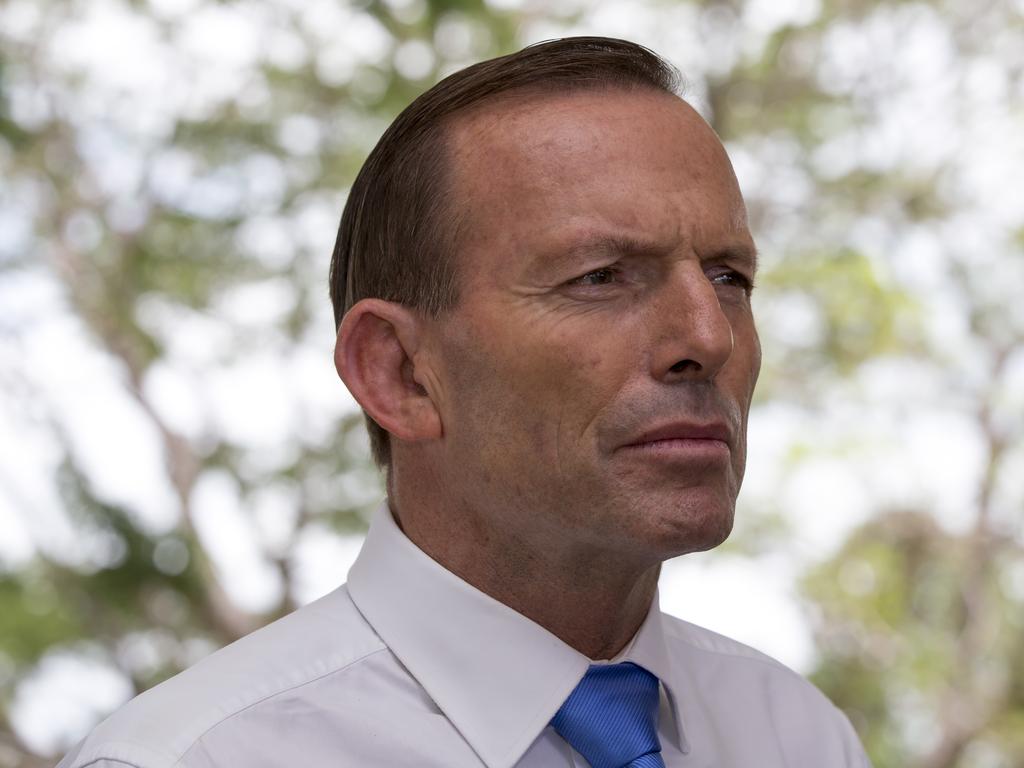
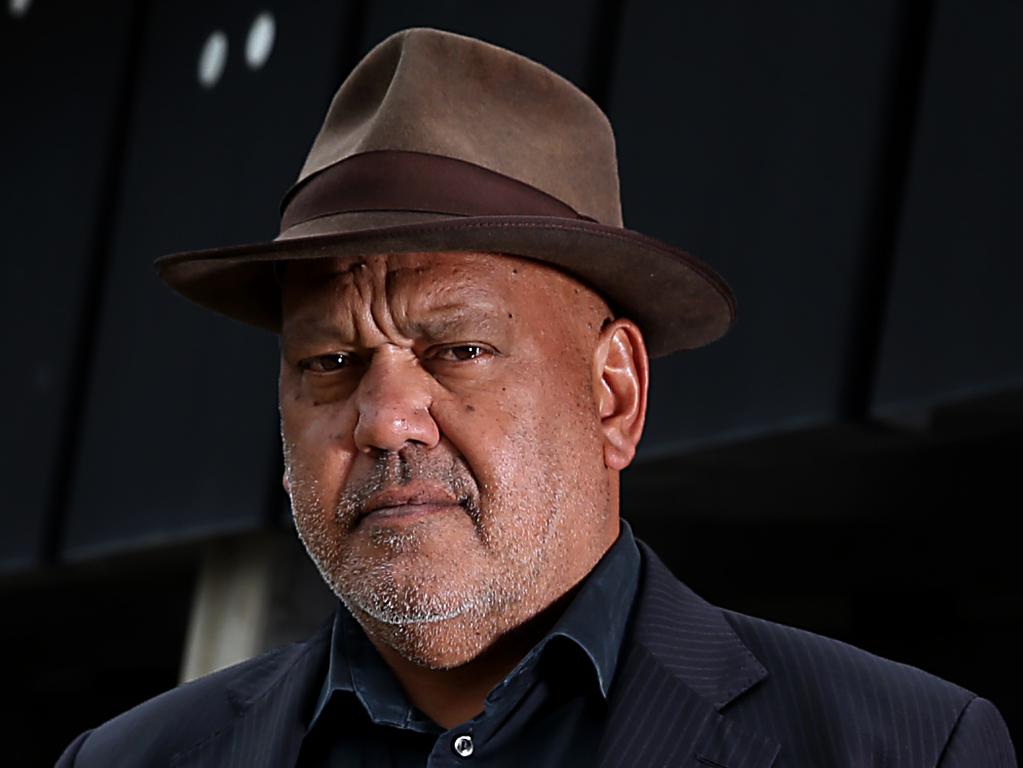
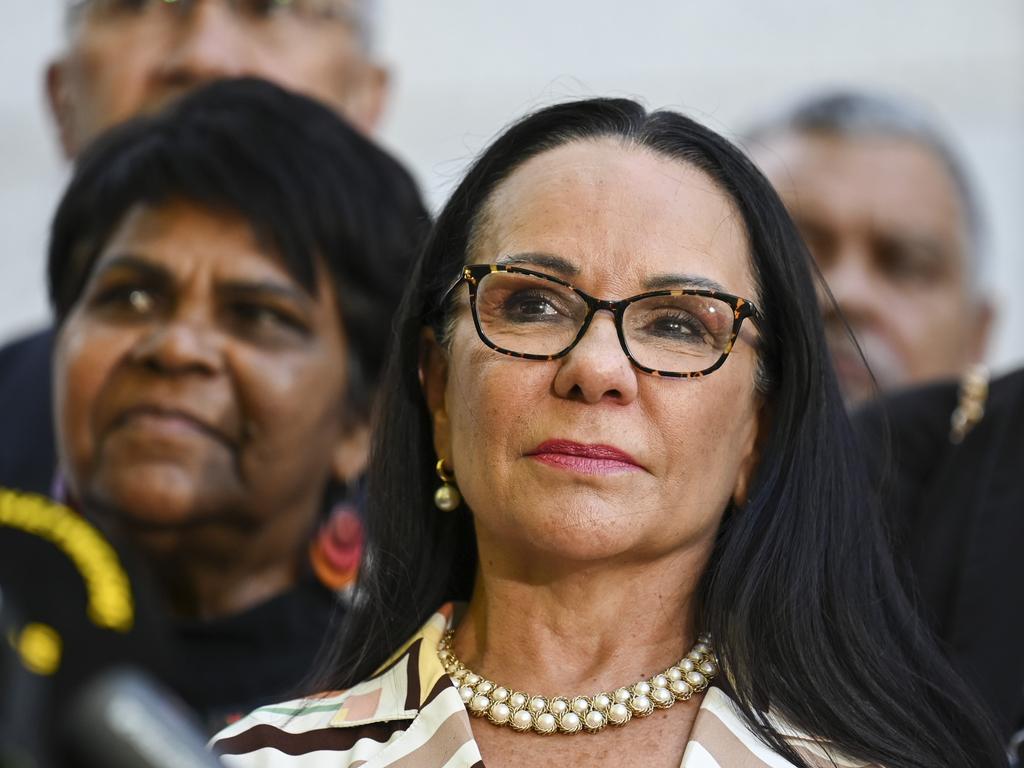
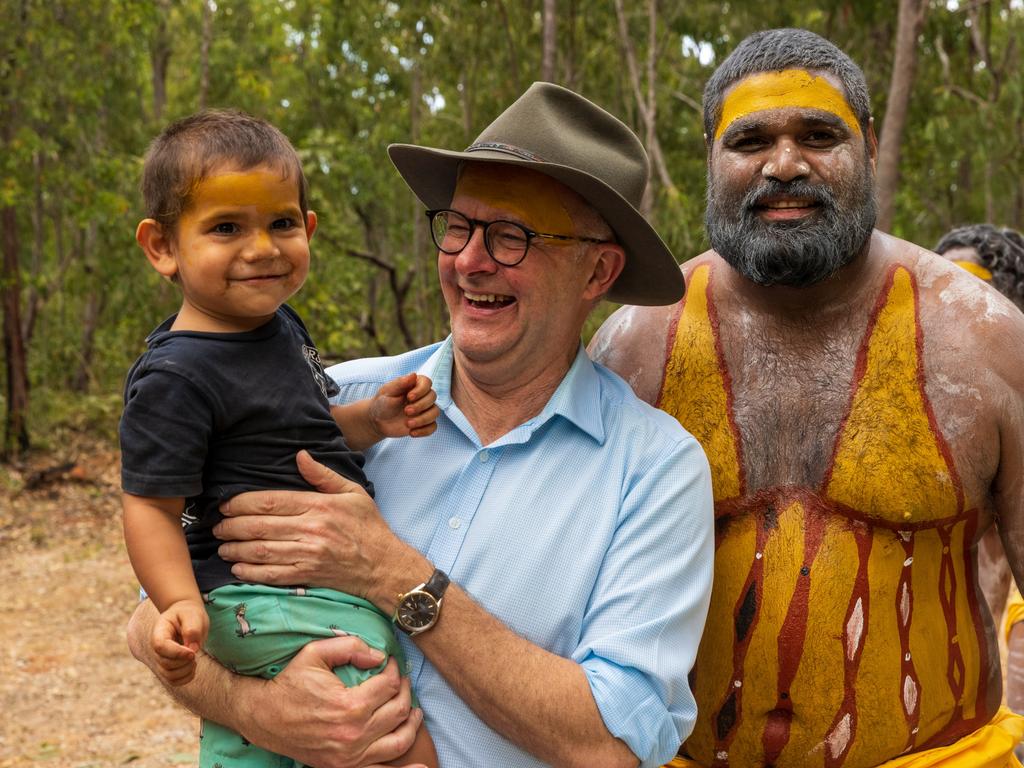


To join the conversation, please log in. Don't have an account? Register
Join the conversation, you are commenting as Logout